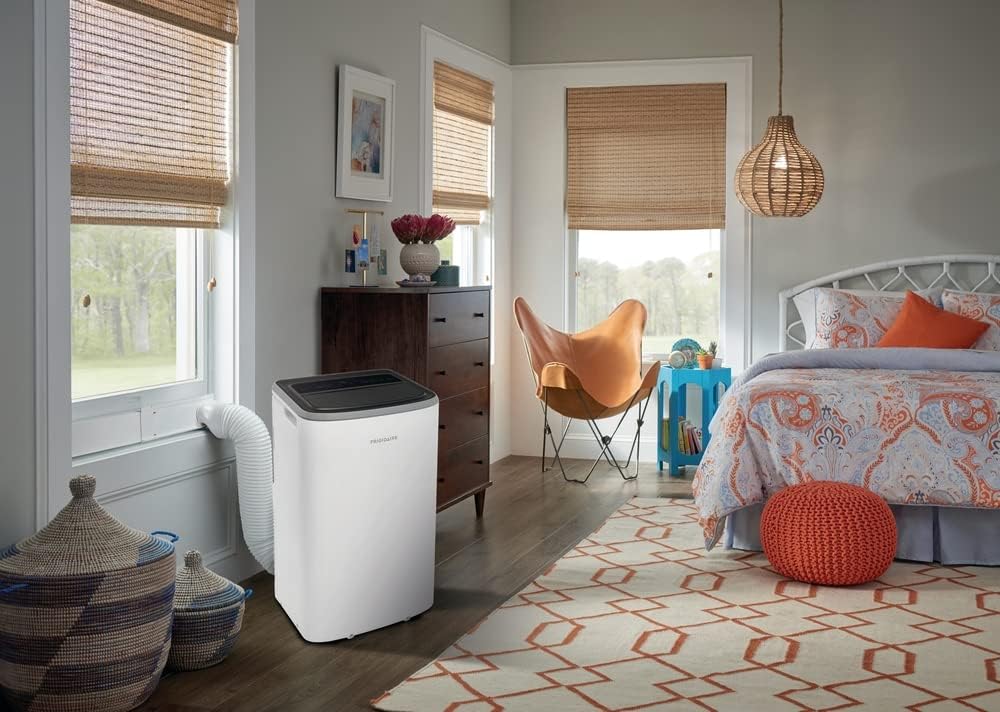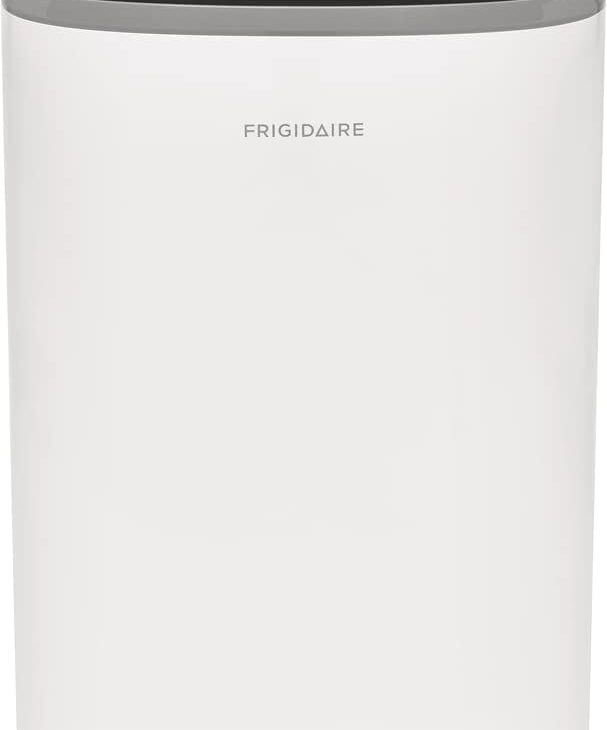Understand Air Conditioner Installation Cost Easily Today

Air conditioner installation cost is a key factor for anyone planning to upgrade their home’s cooling system. Whether you’re installing a brand-new unit or replacing an outdated model, the price can vary significantly. Understanding what drives these costs helps homeowners make smart, informed decisions that balance comfort with affordability.
Many people assume the installation is straightforward, but there are many variables that influence the total cost. Everything from your home’s layout and ductwork condition to the type of air conditioning system chosen plays a role. Hiring the right HVAC professional also impacts both price and performance, so careful planning is essential.
Before you start comparing units or requesting quotes, it’s important to understand the full scope of what air conditioner installation involves. Knowing what to expect helps prevent surprises, ensures proper budgeting, and guarantees your system is installed for long-term efficiency and comfort.
Understanding Air Conditioner Installation Cost Basics
Air conditioner installation cost is one of the first things people think about when planning to upgrade their home cooling systems. The cost can vary widely depending on the type of unit, home size, and other unique installation needs. It’s important to get a clear idea of what influences this price to avoid surprise expenses later.

You might think that all air conditioner units are similar, but different types can carry very different installation costs. Central air, split systems, ductless mini-splits, and portable units all require different materials, time, and labor. Some may need significant modifications to your existing home setup, especially if no ductwork is already in place. Read More
Professional installation is not only about placing the unit; it includes setup, testing, calibration, and even removing old equipment. The total cost also reflects the complexity of the installation, the installer’s experience, and local market rates. Always ensure you hire a certified HVAC professional for quality assurance and system longevity.
Factors That Affect Air Conditioner Installation Cost
Many homeowners are surprised by how many different factors can influence air conditioner installation cost beyond just the price of the unit. One of the biggest variables is the size and layout of your home, which directly affects what kind of AC system is required. Larger homes with multiple rooms or floors will need more complex systems, which leads to higher installation expenses.
The condition of your home’s existing HVAC infrastructure also has a big impact on the total cost. If your home already has ductwork in good condition, installation will usually be faster and less expensive. On the other hand, if ductwork needs to be repaired, replaced, or newly installed, it adds significant labor and material costs to the project.
Location is another key factor many people overlook. Depending on where you live, local building codes, permit fees, and climate can all affect installation time and difficulty. Warmer climates often demand higher-capacity units and more advanced setups, which naturally drives up the cost. Urban areas may also have higher labor rates due to demand and competition.
Comparing Different Types of Air Conditioner Installations
Not all cooling systems are created equal, and that plays a huge role in the overall air conditioner installation cost. Central air systems, for example, require extensive ductwork and a large indoor unit, making them one of the more expensive options. However, they’re excellent for cooling large homes evenly and efficiently when properly installed.
Ductless mini-split systems offer a different approach by eliminating the need for ductwork entirely. These units are great for homes without existing ducts, room additions, or households seeking zoned cooling. Although their per-unit cost is sometimes higher, installation can be faster and less invasive, helping balance the overall expense.
Portable and window air conditioners are the most budget-friendly to install, but they come with limitations in efficiency and coverage area. These options might be suitable for small apartments or single-room cooling but are rarely used as whole-house solutions. Consider your long-term needs, home size, and energy goals before deciding which type suits you best.
How to Reduce Air Conditioner Installation Cost
While the cost of installation can seem intimidating at first, there are several strategies homeowners can use to reduce it without sacrificing quality. Start by shopping around and getting multiple quotes from licensed HVAC contractors. This not only gives you a sense of market rates but can also help you spot overpriced services or hidden fees.
You can also save by scheduling your installation during the off-season when HVAC companies are less busy and more open to offering discounts. Spring and fall are typically slower times in the industry, so you may be able to negotiate better rates or free upgrades. Some installers also offer financing or package deals that bundle installation with maintenance services.
Another way to lower costs is by preparing your home ahead of time. Clearing the work area, upgrading your insulation, or repairing minor duct issues beforehand can help the contractor work more efficiently. This reduces labor time and limits the chance of unexpected delays that increase installation costs. Efficiency and planning can go a long way toward cost control.
Choosing the Right Installer for the Best Value
Finding the right HVAC contractor plays a critical role in determining your overall air conditioner installation cost. A reliable, experienced professional can ensure your system is properly sized, safely installed, and energy-efficient from day one. Poor installation can lead to higher energy bills and even premature equipment failure, costing you more in the long run.
Look for certified technicians who are licensed and insured, and don’t be afraid to ask for references or reviews. A trustworthy contractor will gladly provide proof of qualifications, past projects, and warranty information. They should also offer a thorough home inspection before giving a final quote, which shows they are detail-oriented and professional.
The cheapest bid is not always the best option when it comes to HVAC work. A higher upfront cost can sometimes mean better workmanship, longer system life, and greater energy savings. The goal is to find a balance between cost and quality, ensuring you get the most value for your investment without overspending unnecessarily.
Final Thoughts
Understanding your air conditioner installation cost is key to making an informed decision that fits your comfort needs and your budget. While prices vary depending on unit type, home size, and labor, being prepared helps eliminate surprises. Awareness of these factors can also help you plan more effectively and avoid unnecessary spending.
Don’t rush the process or make decisions based solely on cost. Take time to assess your home’s cooling requirements, gather quotes, and evaluate contractors carefully. A well-installed system provides long-term savings, improved air quality, and dependable comfort for years to come. The upfront effort is well worth the outcome when you consider the long-term benefits.
As you move forward with your AC installation, remember that investing in a reliable, efficient system pays off over time. Consider not just the installation cost, but also the value of energy savings, peace of mind, and climate comfort. The right decision today leads to a cooler, more efficient, and more affordable tomorrow.



